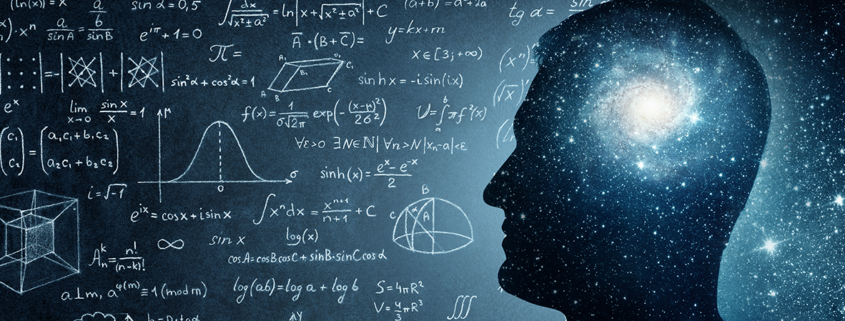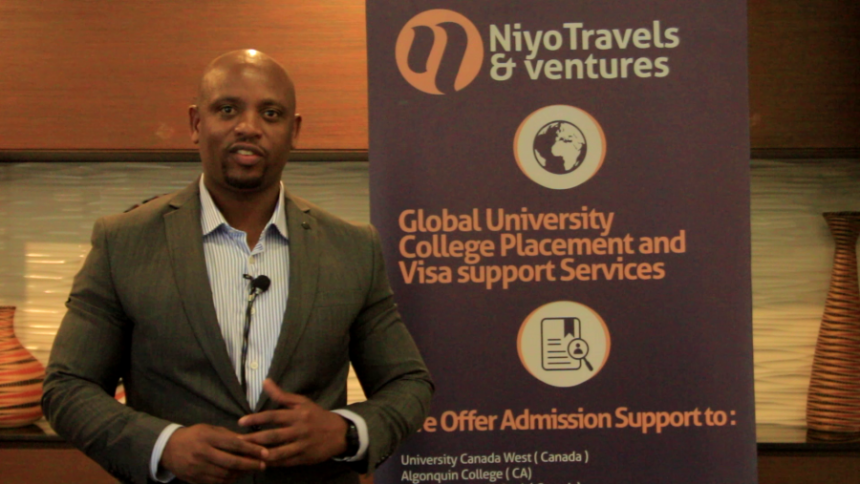Mathematics, one of the oldest and most significant human inventions, has shaped the progress of civilization for millennia. Its story is a journey through cultures, discoveries, and advancements that have transformed how we understand the world. From simple beginnings in early societies to its modern complexities, mathematics has been central to scientific breakthroughs and technological advancements.
The Dawn of Mathematics
The roots of mathematics trace back to prehistoric times when humans began using basic counting to manage resources, measure land, and track time. Artifacts like tally sticks and cave engravings reveal that early humans had a foundational grasp of numbers and patterns.
In ancient Mesopotamia and Egypt, mathematics evolved into more structured systems. Around 3000 BCE, the Sumerians developed a base-60 numerical system, which influences how we measure time today. Egyptians applied mathematics to design architectural marvels like the pyramids, demonstrating advanced knowledge of geometry and engineering.
The Flourishing of Greek Mathematics
Greek civilization brought mathematics to a higher level of abstraction and logic. Early thinkers like Thales and Pythagoras pioneered mathematical reasoning, with Pythagoras famously formulating the theorem that bears his name.
In the 4th century BCE, Euclid compiled “Elements,” an enduring work that systematically presented geometry and introduced axiomatic methods still used in modern mathematics. Archimedes, another towering figure, contributed to geometry, calculus, and mechanics, exploring principles like the relationship between a sphere’s volume and its circumscribing cylinder.
Breakthroughs in India and the Islamic World
Indian mathematicians made groundbreaking contributions in number theory and algebra. Aryabhata accurately approximated π (pi) and devised solutions for quadratic equations, while Brahmagupta, in the 7th century CE, introduced the concept of zero as a number, revolutionizing arithmetic.
During the Golden Age of Islam (8th to 14th centuries), scholars preserved and expanded on Greek and Indian knowledge. Persian mathematician Al-Khwarizmi’s work on algebra established systematic methods for solving equations, earning him recognition as the origin of the term “algorithm.”
The Renaissance and Modern Foundations
The Renaissance reignited interest in mathematics through the rediscovery of ancient texts and innovations in printing. Leonardo Fibonacci’s introduction of the Hindu-Arabic numeral system to Europe simplified calculations and replaced Roman numerals.
In the 17th century, Isaac Newton and Gottfried Wilhelm Leibniz independently developed calculus, transforming science and engineering. This new branch of mathematics allowed precise modeling of motion and change, laying the groundwork for physics and other disciplines.
Mathematics in the Modern Age
The 18th and 19th centuries saw mathematics expand into fields like probability, statistics, and topology. Visionaries like Carl Friedrich Gauss, Leonhard Euler, and Évariste Galois made monumental contributions that shaped the foundations of contemporary mathematics.
In the 20th century, applied mathematics flourished, addressing challenges in physics, economics, and computing. Alan Turing, regarded as a pioneer of computer science, used mathematical concepts to envision modern computing and decrypt codes during World War II.
The Ongoing Evolution of Mathematics
Today, mathematics is indispensable in areas such as medicine, engineering, artificial intelligence, and cryptography. Its evolution mirrors humanity’s quest for understanding and innovation. As we tackle new scientific mysteries and technological challenges, mathematics will continue to lead the way, inspiring generations to come.
The journey of mathematics reflects the ingenuity and perseverance of countless civilizations and individuals. From ancient problem-solving tools to its status as a universal language of science, mathematics has profoundly shaped human history. Its future promises to be just as transformative, driving progress and inspiring new discoveries.














Post Comment